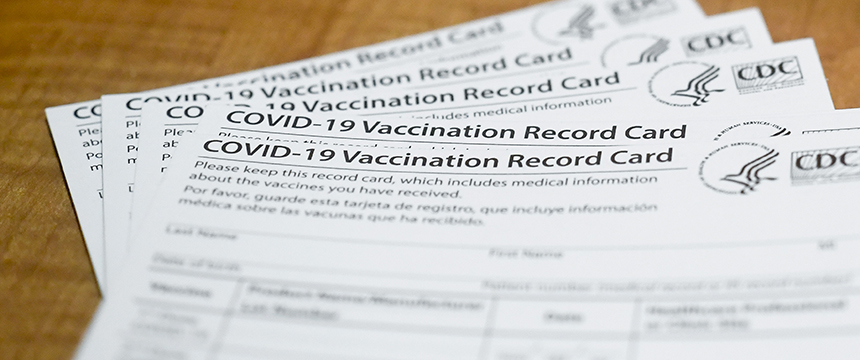
COVID-19パンデミックが2年目に差し掛かる中、製造業の雇用主は多くの雇用主と同様、従業員に対するCOVID対策や要件に関して複雑かつ急速に変化する法的環境に対処せざるを得ない。これは特に雇用主によるワクチン接種義務化に関して顕著である。 従業員へのワクチン接種義務化に関して、雇用主が何をすべきか、何をすべきでないかを宣言する新たな見出しが、毎日のように報じられている。ある日に義務付けられていたことが、翌日には禁止されることも珍しくない。製造業の雇用主にとって、絶えず変化する連邦・州・地方の規則、要件、禁止事項のすべてに準拠しようとするのが主要な課題の一つであるのも当然である。
パンデミック初期には、雇用主が従業員にワクチン接種を義務付けられることが一般的に理解されていたが、その後テキサス州、モンタナ州、フロリダ州など複数の州が雇用主によるワクチン接種義務化に関する制限を課している。製造業の雇用主の多くが認識している通り、連邦政府は従業員規模、医療業界との関連性、連邦政府契約業者としての地位に基づき、特定の雇用主に対してワクチン接種義務を課している。連邦政府のワクチン接種義務化措置はすべて法的異議申し立ての対象となっている。
連邦政府契約業者に対するワクチン接種義務化について、2021年11月30日(火)、ケンタッキー州連邦裁判所は、ケンタッキー州、オハイオ州、テネシー州における義務化実施を停止する仮差し止め命令の請求を認めた。 裁判所は、バイデン大統領が連邦契約業者の特定従業員にワクチン接種を義務付ける権限を有していない可能性が高いと判断した。ケンタッキー州で発令された仮差し止め命令は特定州に限定されるものの、他州でも同様の異議申し立てが既に提起されており、近い将来さらなる進展が見込まれる。
同様に、メディケアおよびメディケイドプログラムに参加する医療施設のスタッフと接触する従業員へのワクチン接種を義務付けるCMSワクチン義務化の対象となる製造業雇用主に対しても、追加の法的異議申し立てが提起されている。 2021年11月29日(月)、ミズーリ州東部地区連邦地方裁判所の連邦判事は、アラスカ州、アーカンソー州、アイオワ州、カンザス州、ミズーリ州、ニューハンプシャー州、ネブラスカ州、ワイオミング州、ノースダコタ州、サウスダコタ州における義務化実施を停止する仮差し止め命令の請求を認めた。 翌日には、ルイジアナ州の連邦裁判所が、前日の仮差し止め命令の対象州を除く全米を対象に、CMSの義務付けに対する仮差し止め命令を発令した。
最後に、従業員100人以上の事業主を対象とするバイデン政権の一般的なワクチン義務化措置も、複数州による訴訟(MDL)と実施を停止させた仮差し止め命令の対象となっている。複数の州による異議申し立てと第5巡回区控訴裁判所による差し止め命令発令後、訴訟は統合され、第6巡回区控訴裁判所が異議申し立ての審理を担当することとなった。
これら3つの義務に関する仮差し止め命令は、訴訟手続きにおける第一歩に過ぎない。これらの訴訟はすべて司法制度を通じて継続され、雇用主にとって差し迫った影響をもたらす。事業と従業員に影響を与える法的要件がこれほど多く変更される中、製造業の雇用主は、法律顧問と緊密に連携し、この急速に変化する法領域に関する無数の訴訟やほぼ毎日の更新情報を常に把握しておく必要がある。
